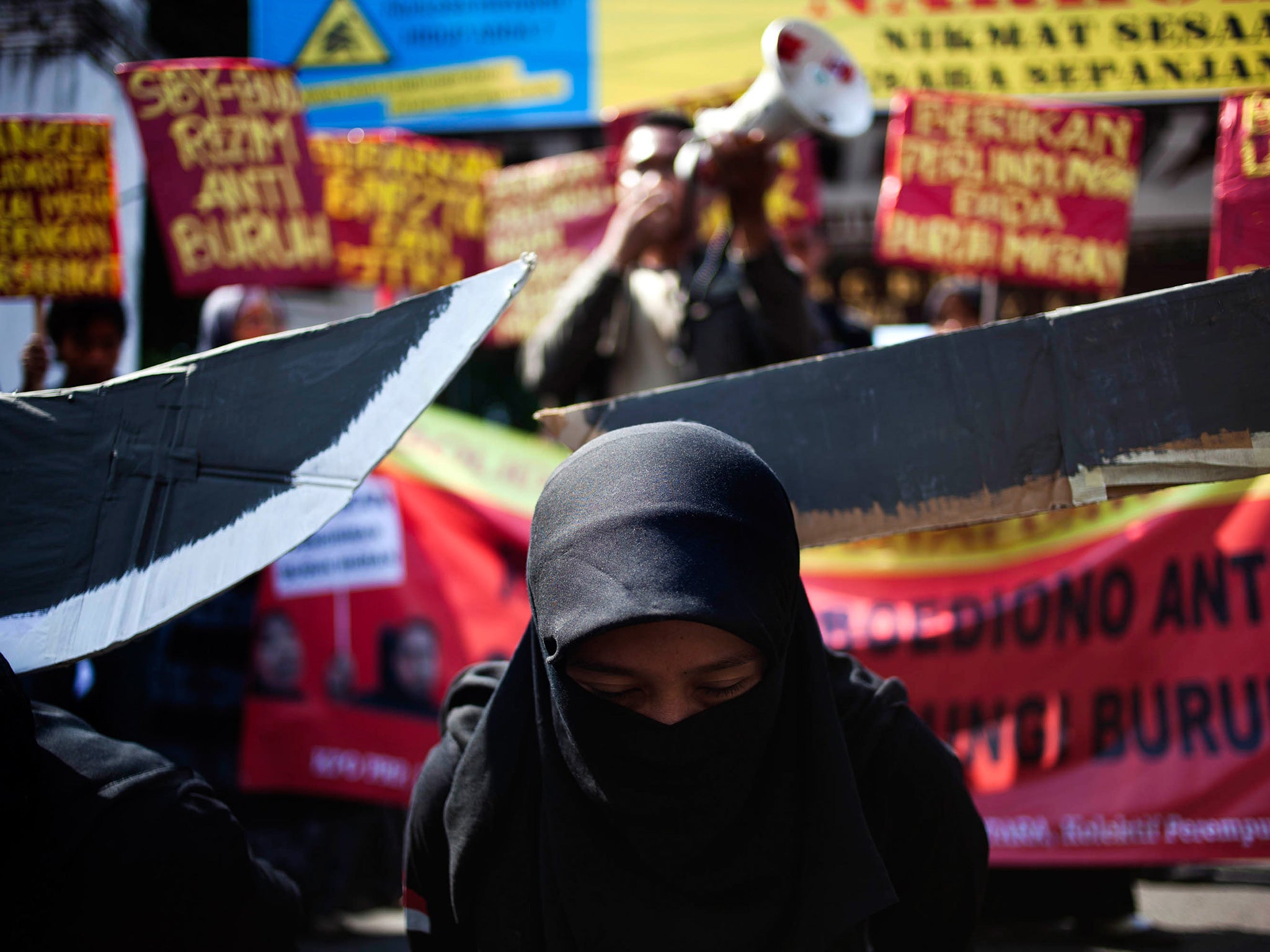Saudi Arabia sentences woman convicted of adultery to death by stoning - her male partner gets 100 lashes
Sri Lanka urges Gulf state to pardon the domestic worker, who had been working there since 2013

Sri Lanka has urged Saudi Arabia to pardon a domestic worker, sentenced to death by stoning after she admitted committing adultery while working in the Arab kingdom. An official from Sri Lanka’s Foreign Employment Bureau said the married 45-year-old, who had worked as a maid in Riyadh since 2013, was convicted of adultery in August.
Her single partner, also a Sri Lankan migrant worker, was given a lesser punishment of 100 lashes. A spokesman for the bureau said it had hired lawyers to file an appeal, while the Foreign Ministry was negotiating separately for her to be reprieved.
Some 1,000 Shia protesters gathered at a mosque in Awamiya, a largely Shia town in the oil-producing Eastern Province, to demand the release of activists on death row, after it emerged that officials planned to execute more than 50 prisoners in a single day. They include alleged al-Qaeda terrorists, but also at least five Shia protesters – among them Ali al-Nimr, who was only 17 when arrested in 2012 – who took part in anti-government protests against Sunni oppression.
Reuters
Join our commenting forum
Join thought-provoking conversations, follow other Independent readers and see their replies
Comments
Bookmark popover
Removed from bookmarks